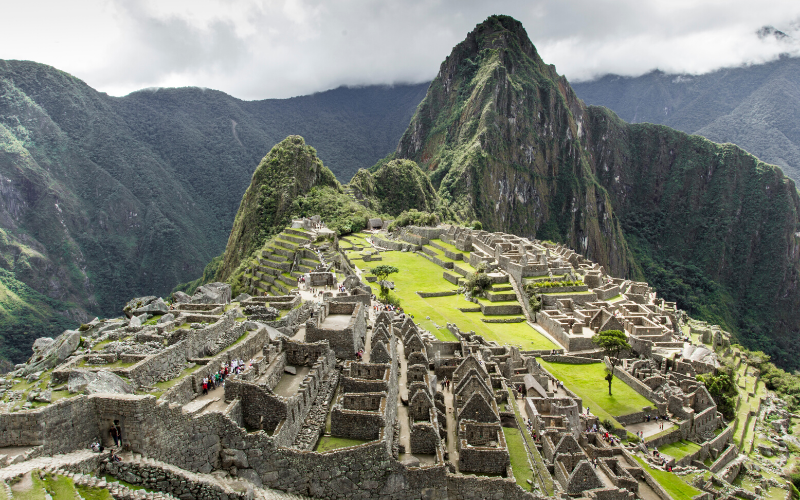Argomenti trattati
Exhausted by hunger, conquered by enemies, wiped out by earthquakes and volcanic eruptions. Much more often, in reality, they have vanished without a clue. We are talking about some great ancient civilizations, which we know existed but we do not know how they disappeared. So let’s discover together the history of some of these mysterious populations of the past.
Ancient Civilizations: the Moche
The Moche are one of the oldest civilizations in the New World. This population flourished on the arid shores of northern Peru between the 1st and 8th centuries. Skilled corn farmers and fearless navigators, they are famous for their religion, which is based on sex. They regarded erotic acts as a key to connecting the living, the dead and the gods. In fact, the figurines they left us depict very realistic erotic scenes.
The reasons for their disappearance are not clear. In fact, they may have been weakened by earthquakes, prolonged droughts and floods caused by El Niño. This would perhaps also explain the bloody attempts of the Moche to obtain the blessing of the gods through human sacrifice.
The Indus Valley Ancient Civilizations
City builders, masters in the design of sewerage networks, accustomed to peaceful coexistence, devoted to the Mother Goddess. The Indus Valley civilization flourished in Pakistan and Western India between 2600 and 1900 BC. They were at least 5 million inhabitants with 1,050 settlements. They were experienced engineers. In fact, they invented the first covered sewage system and the first flush toilets in history. This population lived comfortably and apparently without a ruling class.
They disappeared for geological reasons. Around 1900 B.C. the environment dried up, the Ghaggar-Akra River disappeared, the population shrank and largely migrated along the banks of the Ganges. Later came the Hindus, originally from the Iranian Plateau, who brought Hinduism.
Minoan Civilization
The Minoan civilization developed in Crete in the Bronze Age, and saw its heyday between 2000 and 1450 BC. This population had built a commercial empire on trade by sea. For this reason it had to endure tidal waves, earthquakes, catastrophic volcanic eruptions (such as that of Thera or Santorini). Around 1450 B.C., however, it ended up succumbing to the invasion of a civilization of western Greece: the Mycenaeans, which supplanted them.
The Mycenaeans
Sailors but also warriors, around 1450 B.C. these Indo-European peoples, ancestors of the classical Greeks, also occupied the islands taking the place of the Minoan population. However, it did not last long. Around 1200 B.C., in fact, the Mycenaeans had to bend to the raids of what ancient texts call the “Peoples of the Sea“. They were also invaded by the Dorians, a population of Balkan origin.
The Anasazi
In a square of territory between Utah, Colorado, Arizona and New Mexico, the population of the Anasazi developed from 1200 BC. At first they were hunter-gatherers, then they specialized in the cultivation of corn and beans. Their cities were characterized by monumental complexes with hundreds of rooms dug into the nearby canyons. These buildings like the one in Chaco Canyon remained the tallest in the USA until skyscrapers appeared.
By exploiting the soil and making poor use of water resources, the Anasazi ended up depleting the land of areas that they then abandoned. Until, in 1117, a drought marked the end of their presence in that territory.

